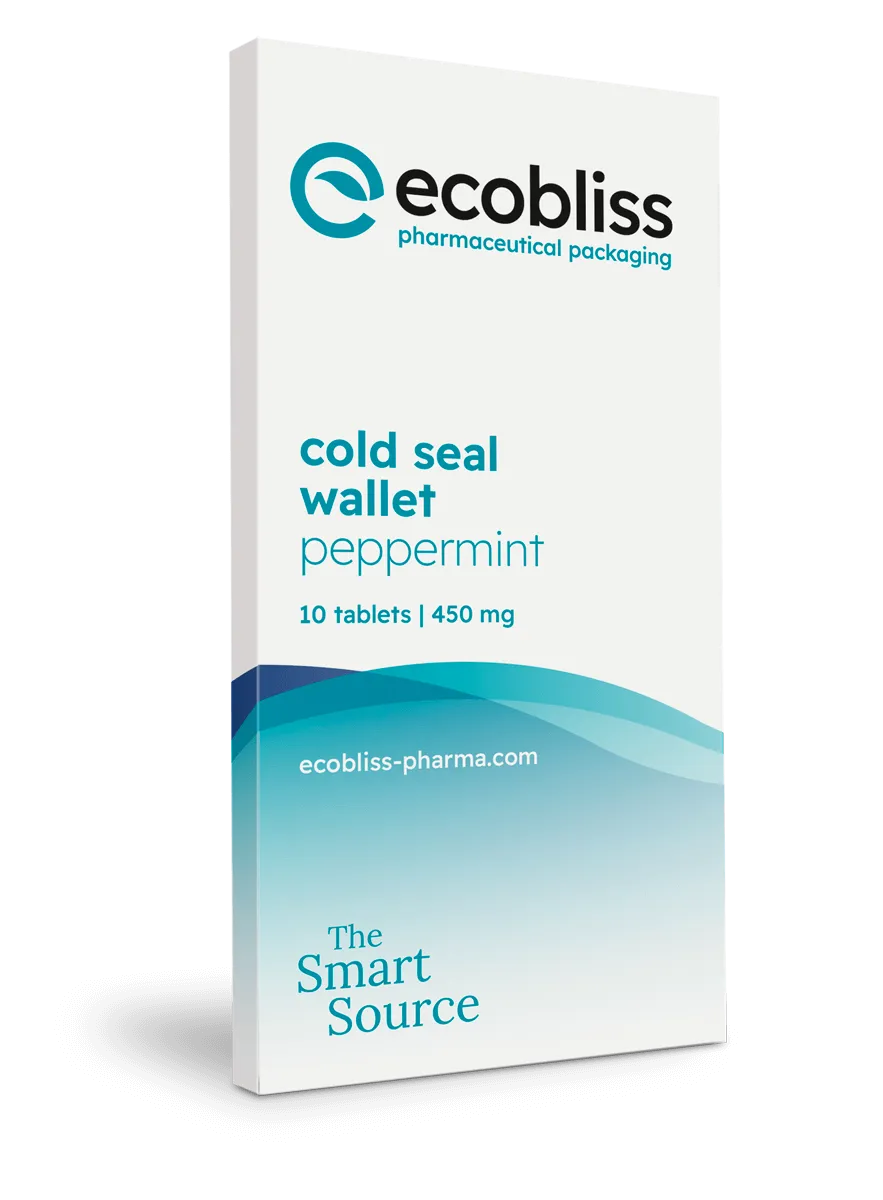Clinical trial supply is a vital part of the drug development process, ensuring the delivery of investigational drugs and materials to research sites. With the rise of decentralized trials, global studies, and personalized medicine, managing clinical trial supply has become more complex. Companies must address challenges like region-specific regulations and cross-border logistics. A well-managed supply chain is essential to test new treatments efficiently and ethically, supporting progress in healthcare.
What is clinical trial supply?
The clinical trial supply chain is a highly regulated and complex system responsible for delivering investigational drugs from manufacturers to trial sites and patients. This process involves multiple stages, including manufacturing, packaging, labeling, distribution, and storage. Each phase must adhere to strict global regulatory standards to safeguard patient safety, uphold data integrity, and ensure the validity of the clinical trial.
Strategic planning in clinical trial supply
Effective strategic planning in clinical trial supply requires a deep understanding of the trial’s scope, patient needs, and regulatory environment. It involves accurate demand forecasting, risk assessment, and contingency planning to address potential disruptions. For instance, adopting flexible inventory models can help navigate unexpected shifts in trial timelines. A well-executed strategy ensures supplies are delivered on time, within budget, and without compromising quality or compliance. Case studies from decentralized trials highlight the value of robust planning in streamlining logistics and minimizing delays.
The role of regulations in clinical trial supply

Clinical trial supply operates within a complex global regulatory framework. Adherence to Good Manufacturing Practice (GMP), Good Clinical Practice (GCP), and Good Distribution Practice (GDP) is essential to ensure product quality, patient safety, and trial integrity. Additionally, region-specific requirements - such as FDA regulations in the U.S. or EMA guidelines in Europe - must be carefully managed to avoid delays in multi-country trials. Regulatory bodies significantly influence supply chain processes, requiring close collaboration with experts familiar with these standards. Practical examples include navigating ICH guidelines for clinical materials in Asia-Pacific trials or addressing labeling requirements for European sites. To support compliance efforts, also explore effective guidelines regarding pharmaceutical packaging design.
Innovations in logistics and distribution
Logistics and distribution in clinical trial supply are evolving with the adoption of cutting-edge technologies. Real-time tracking systems now enable complete visibility across the supply chain, reducing delays and ensuring product integrity. Innovations like temperature-controlled packaging and direct-to-patient delivery models support decentralized trials and improve efficiency. For instance, IoT-enabled sensors can monitor and report temperature deviations during transit, ensuring the stability of sensitive investigational drugs. These advancements are critical in addressing challenge sposed by global studies and diverse trial designs.
Challenges in clinical trial supply
Clinicaltrial supply chains face challenges such as:
- Managing complex international logistics
- Maintaining product stability during transportation
- Addressing regulatory variations across countries.
For example, ensuring compliance with varying customs regulations in cross-border shipments can delay timelines. Supply chain disruptions caused by global crises, such as pandemics or geopolitical tensions, further highlight the need for risk mitigation strategies. Implementing flexible sourcing models and leveraging regional hubs can help manage these complexities effectively.
Best practices for managing the clinical trial supply chain
To optimize the clinical trial supply chain, stakeholders should focus on comprehensive planning, continuous risk assessment, and proactive communication. Practical frameworks, such as a supply chain dashboard, can help monitor progress and flag potential issues in real time. Best practices also include establishing standard operating procedures (SOPs) for regulatory compliance, quality checks, and temperature control. Leveraging technology for automated tracking and predictive analysis further enhances operational efficiency.
Environmental sustainability in clinical trial supply
Sustainability is becoming a core focus in clinical trial supply. Companies are exploring eco-friendly packaging materials and optimizing transportation routes to reduce carbon footprints. For example, using recyclable cold chain packaging not only minimizes waste but also lowers costs. Highlighting successful case studies, such as pharmaceutical companies transitioning to green logistics, can inspire broader adoption of sustainable practices.
Managing cold chain logistics
Cold chain logistics is critical for maintaining the stability of temperature-sensitive investigational drugs. Specialized packaging solutions, such as phase-change materials, ensure precise temperature control during transport. IoT-enabled temperature monitors provide real-time data, allowing immediate action if a deviation occurs. Companies like EcoBliss have developed innovative solutions for sustainable cold chain packaging, combining efficiency with environmental responsibility.
Patient-centric supply strategies
Patient-centric approaches focus on reducing barriers for trial participants. Direct-to-patient delivery models and simplified packaging enhance convenience and accessibility. For example, decentralized trials that deliver investigational drugs directly to participants’ homes are gaining traction. Supply strategies should prioritize minimizing delays and ensuring reliable access to medications, reflecting the growing emphasis on patient-centricity in clinical research.
Globalization's effect on the supply chain
The globalization of clinical trials introduces complexities like diverse regulatory requirements, longer transportation routes, and cultural considerations in supply planning. For example, trials conducted across the U.S., Europe, and Asia must align with multiple regulatory frameworks, each with unique labeling and compliance standards. Establishing regional distribution hubs and leveraging local expertise can mitigate these challenges effectively.
Looking to the future of clinical trial supplies
The future of clinical trial supplies will be shaped by trends such as personalized medicine, decentralized trial models, and advances in automation. For example, as trials focus more on individual patient needs, supply chains will need to adapt to deliver smaller, more targeted shipments efficiently. Embracing these trends through technology and strategic planning will be critical for meeting the demands of the evolving clinical research landscape.
By addressing these areas with practical examples, actionable insights, and stakeholder-focused solutions, this blog can better align with the needs of its target audience while standing out against competitors.
Request a free sample now!







.avif)
.avif)

